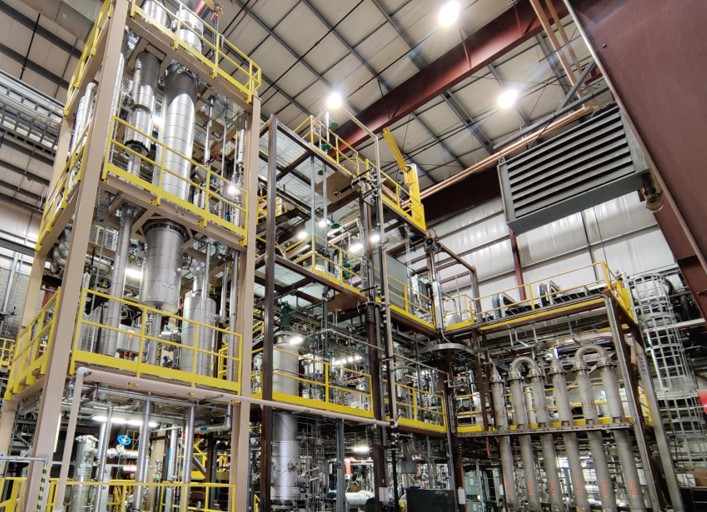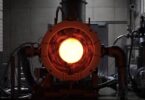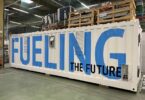By recycling carbon from industrial off-gases; syngas generated from biomass resources such as municipal solid waste, organic industrial waste or agricultural waste; and reformed biogas, U.S. scale-up LanzaTech, a World Economic Forum Tech Pioneer, says it can displace 30% of crude oil used today and reduce global CO2 emissions by as much as 10%.
Its patented gas fermentation technology has already stopped over 200,000 tons of CO2 from being emitted into the atmosphere, according to the company. The waste carbon emissions are converted into fuels, chemicals and everyday goods, that would otherwise come from fossil resources. Its carbon transformation solution, which can be deployed in any geography using available waste streams, creating new circular models of production and reducing the carbon footprint of the things people use every day, has earned it a place as a finalist for this year’s The Earthshot Prize, a prestigious environmental award created by the U.K.’s Prince William. (The winner of the prize will be announced December 2).
Now, with the help of energy company Suncor, LanzaTech is testing a new bioreactor design (pictured here) that promises greater efficiency and lower operating costs, a significant development that could help make petroleum-free materials and goods more economical.
This article is part of The Innovator’s premium content and available only to The Innovator’s Radar subscribers.
If you are already a Radar subscriber click here to sign into your account.
Or sign up here for a free trial subscription.







